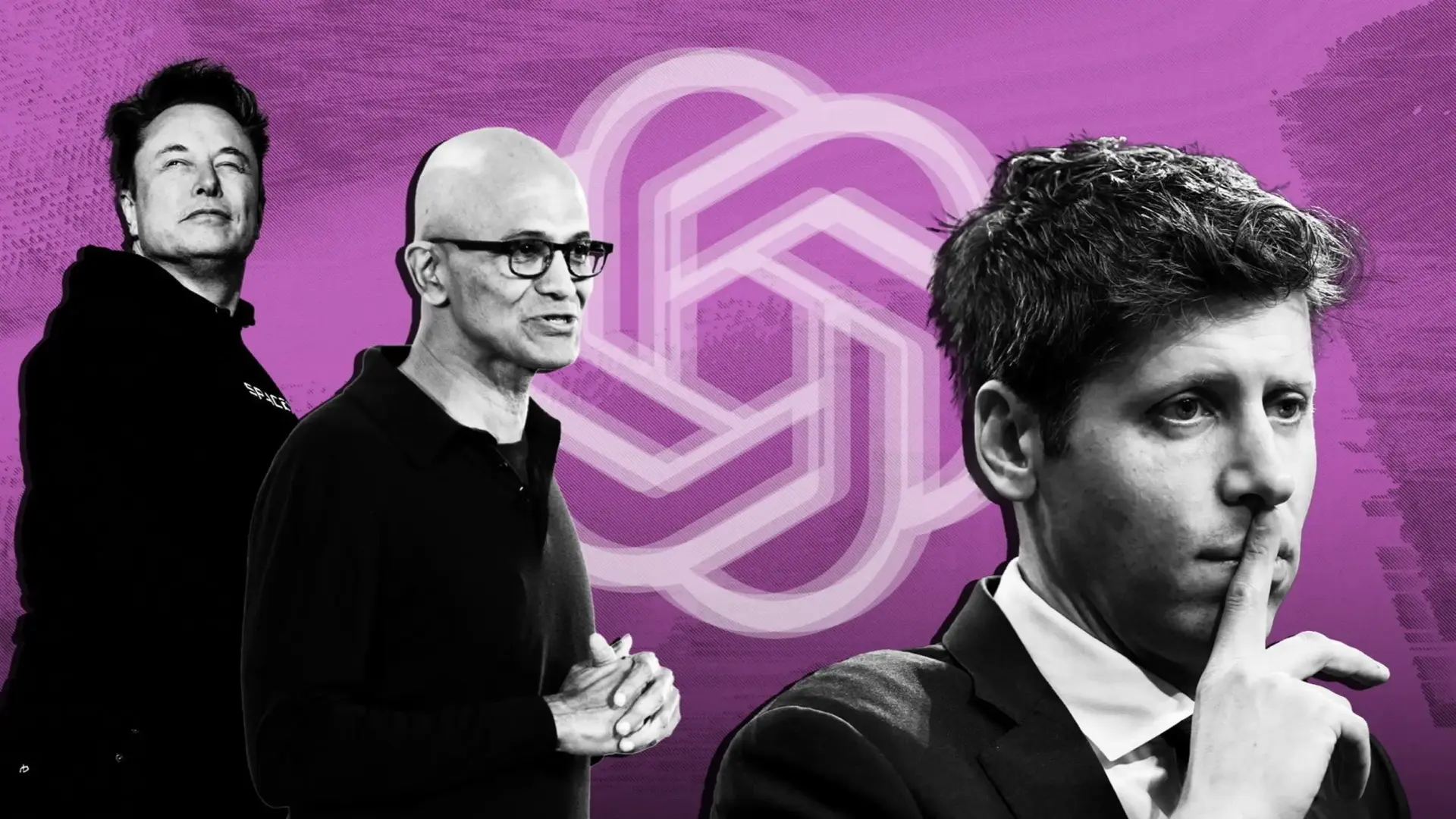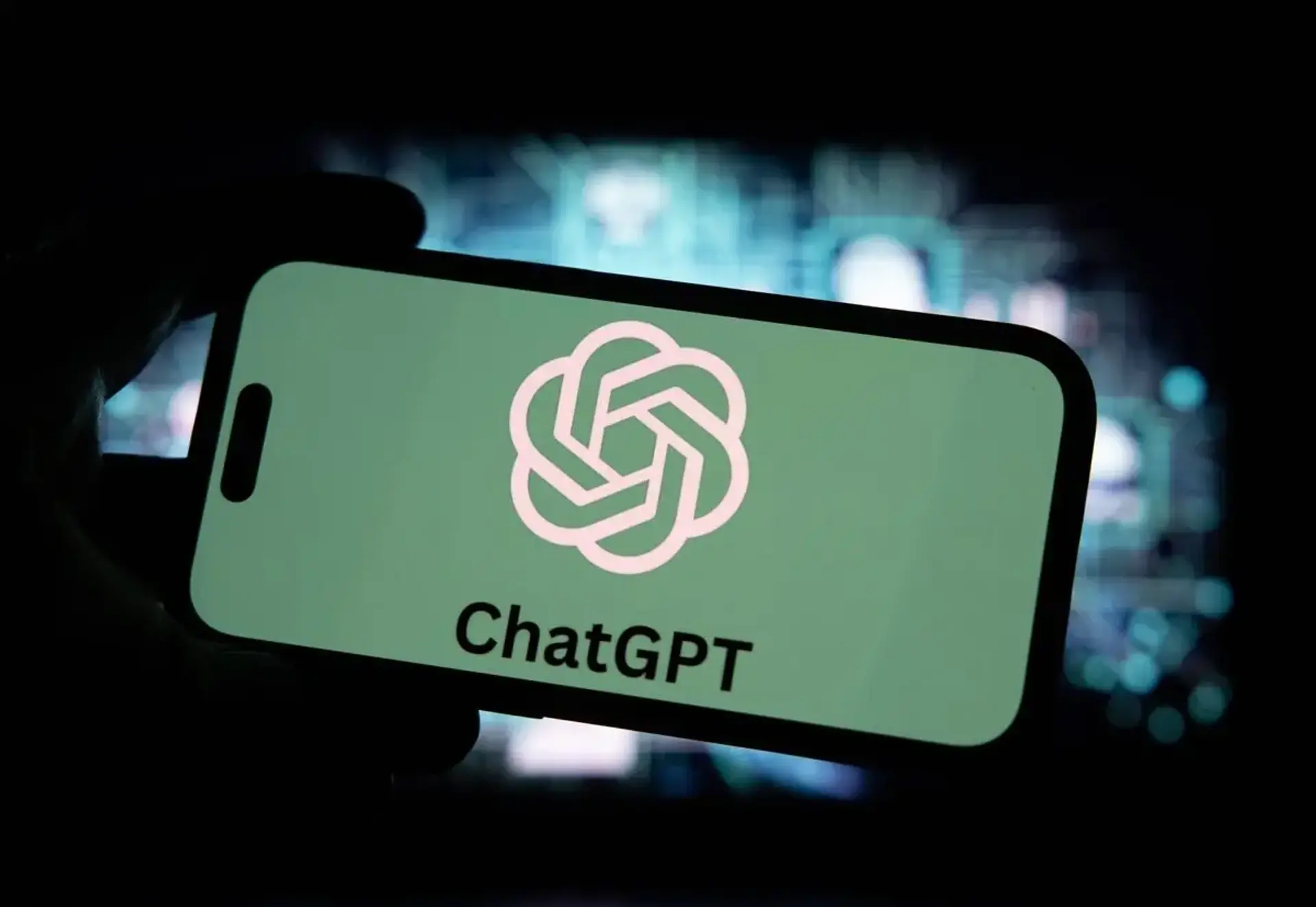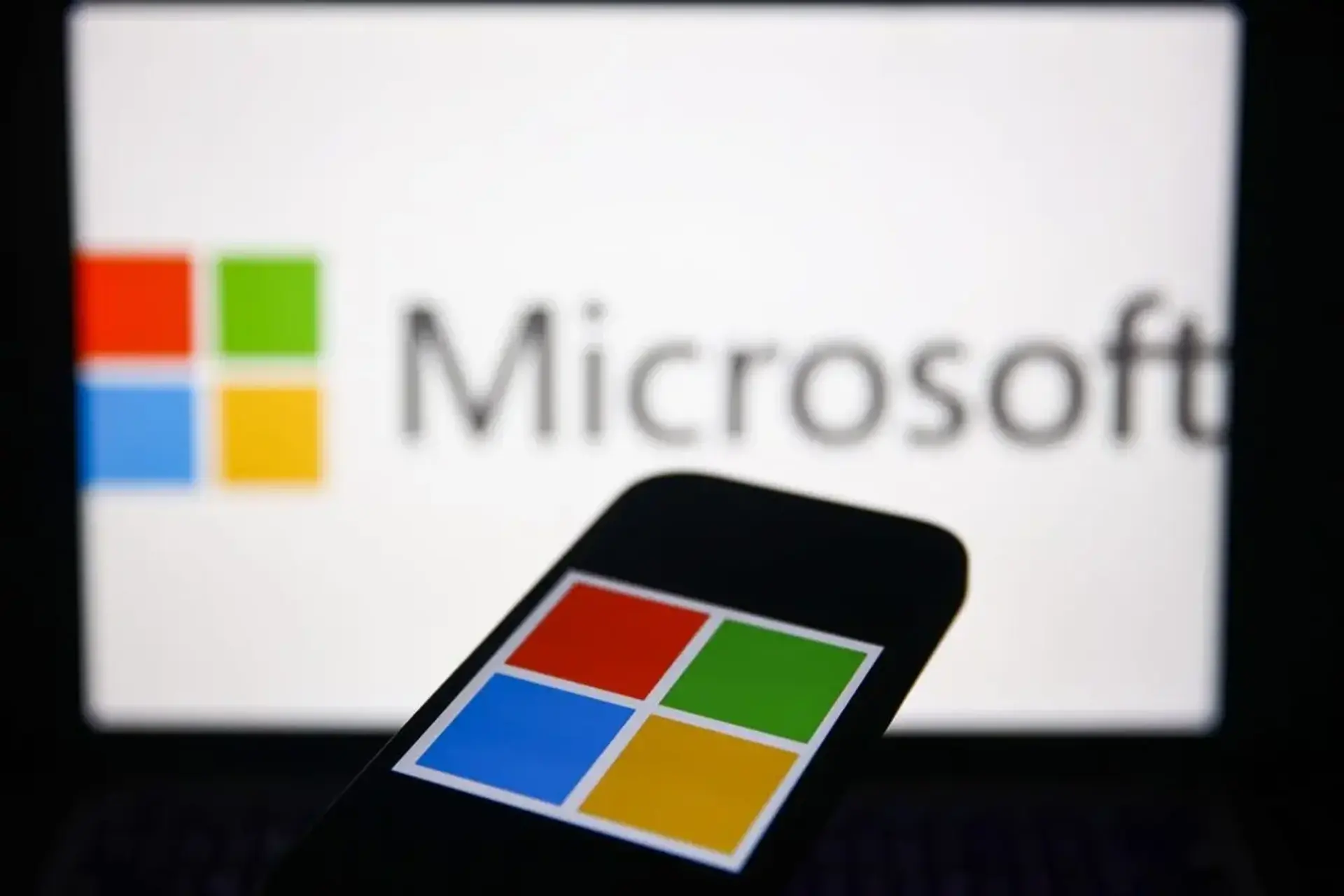Microsoft is reportedly developing its own AI models, dubbed MAI, to act as a buffer against potential issues with its reliance on OpenAI. While Microsoft remains committed to its partnership with OpenAI, the company is hedging its bets by testing AI models from other companies like Anthropic, Meta, Deepseek and Elon Musk's XAI. This move aims to reduce dependency on OpenAI, especially as OpenAI becomes more independent and explores partnerships with other cloud providers like Google Cloud and AWS. Microsoft's AI division, led by Mustafa Suleyman, has been developing and training the MAI models, which are designed to compete directly with OpenAI's GPT-4 and Anthropic's Claude. These models are being tested as potential replacements for OpenAI in Microsoft's Copilot and other products. Microsoft's strategy involves building an entire AI ecosystem from the ground up, with smaller, faster, and more power-efficient models.
However, these in-house AI models are estimated to be lagging behind OpenAI's ChatGPT technology by three to six months. Despite this, Microsoft sees value in playing 'a very tight second,' allowing them to optimise for specific customer use-cases and build upon the successes of frontier model builders like OpenAI. This approach is considered more cost-effective given the capital-intensive nature of developing these models. Microsoft's investment in AI extends beyond model development, with plans to invest $80 billion in AI-enabled data centres and train 2.5 million Americans in AI skills during 2025.
Related Articles

OpenAI Seeks Microsoft Funding Boost
Read more about OpenAI Seeks Microsoft Funding Boost →
ChatGPT Ditches Sycophantic Update
Read more about ChatGPT Ditches Sycophantic Update →
Microsoft's Phi-4 Model Debuts
Read more about Microsoft's Phi-4 Model Debuts →
UBS deploys AI analysts
Read more about UBS deploys AI analysts →
